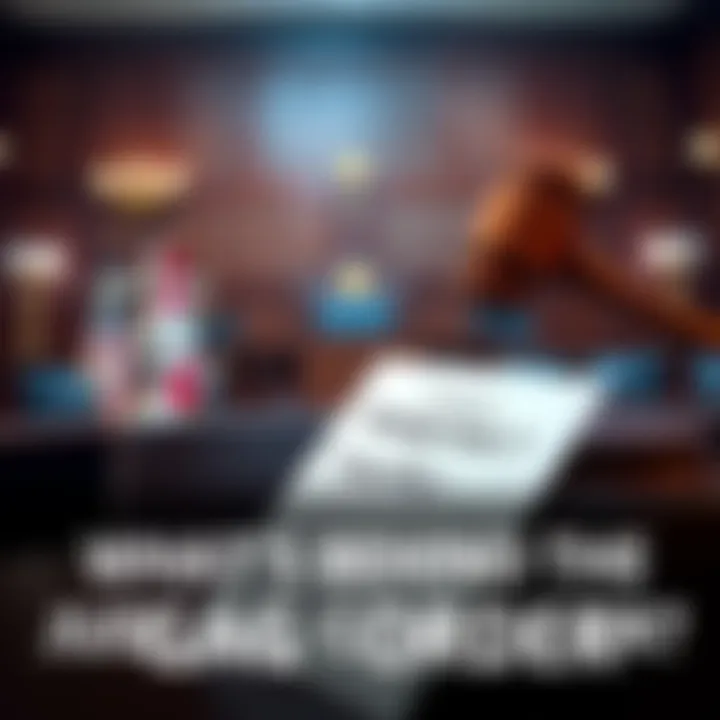Charlie Kirk's Legal Gag Order | Court Controversy Sparks Online Debate
Edited By
Richard Hawthorne

In a recent court ruling, a judge issued a gag order in a high-profile case involving conservative figure Charlie Kirk. This decision has stirred significant conversation across forums, with mixed opinions on its implications for transparency and justice.
Court Ruling Details
4th District Court Judge Tony Graf has mandated that parties involved in the case refrain from speaking to the media. The intention behind this ruling is to preserve the integrity of the trial by preventing any potential bias among jurors due to pre-trial publicity. The gag order aims to promote fairness, particularly as witnesses are still being identified.
Comments Reflect Mixed Sentiments
Participants on various user boards expressed a range of opinions regarding the judge's decision. Here are three notable themes:
Concerns Over Transparency
Many people pointed to perceived contradictions in the government's commitment to transparency, especially following controversial statements made by the FBI.
"Didn't the FBI director tweet multiple 'we've got em' posts? Only to retract it later," one comment stated.
Arguments for Fair Trials
Some defended the gag order as a necessary measure for ensuring a fair trial. Users noted, "It’s normal law things to assure that the accused gets a fair trial,” highlighting options for protecting the jury pool from external influences.
Speculation on Censorship
Several commenters raised alarms about potential impacts on free speech, suggesting this could set a precedent for censorship. One noted, "I believe this assassination will be used to usher in censorship in the US using AI."
Insight from the Judge
Judge Graf, who took office just over a month ago, underscored the significance of the ruling, emphasizing the importance of maintaining civil rights throughout the legal process. He stated, "Regardless of who is watching, we must fulfill our roles with integrity."
Key Takeaways
⚖️ Judge Graf's gag order aims to minimize bias in the trial.
🗣️ Online discussions reflect fears of censorship after controversial FBI actions.
🚨 Supporters of the ruling advocate for the accused's right to a fair trial.
This developing story continues to attract attention, especially given the connections to public figures like President Trump, who has publicly supported Kirk. As the trial unfolds, the tension between legal integrity and public discourse will likely remain a hot topic across forums.
Anticipating the Next Moves
As the trial progresses, there’s a strong chance that more appeals regarding the gag order will emerge, potentially causing delays and stirring further debate on free speech rights. Legal experts suggest the probability of this happening is around 60%, given the controversial nature of the case and the public interest it has generated. Additionally, ongoing support for Charlie Kirk from prominent figures, including President Trump, could influence public opinion and possibly result in increased pressure on the court to revisit its ruling. Expect social media campaigns advocating for transparency to gain momentum, as people feel the implications of a gag order resonate beyond this case.
Reflections of the Past
Looking back to the 1990s, the media attention around high-profile trials such as the O.J. Simpson case offers an interesting comparison. In that instance, the courtroom drama was heightened by intense public scrutiny and media involvement, often leading to heated discussions about the fairness of the legal process. Here, we see a similar dynamic with Charlie Kirk, where a judge’s attempt to limit exposure echoes the challenges faced back then, bringing to light the delicate balance between court integrity and public perception, demonstrating how in both eras, legal proceedings can become a reflection of society's evolving values and pressures.
